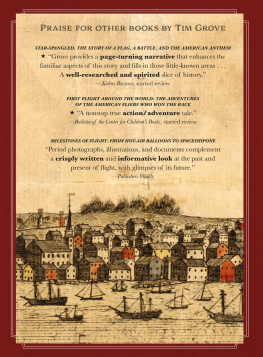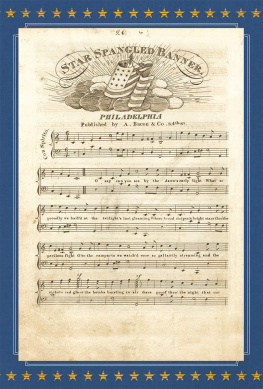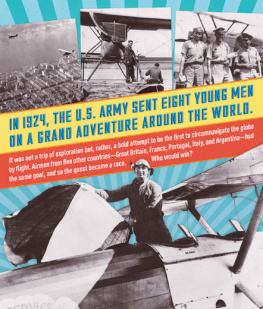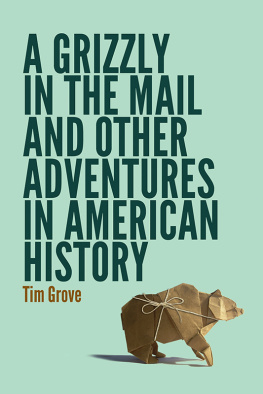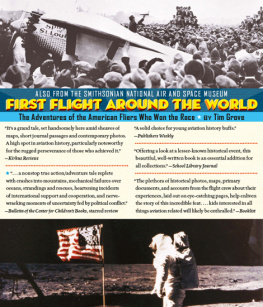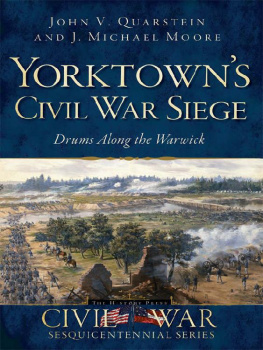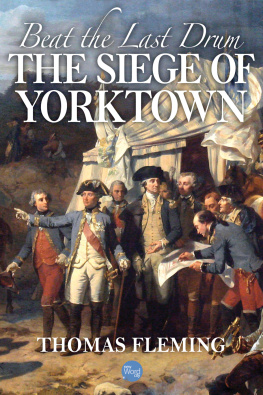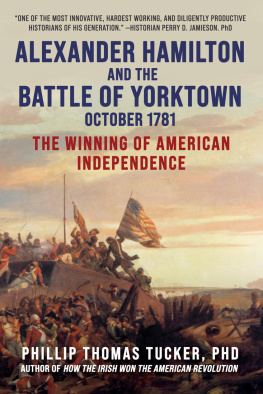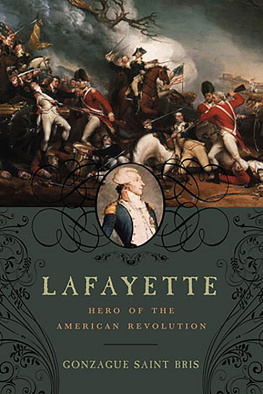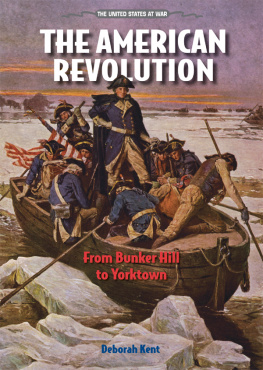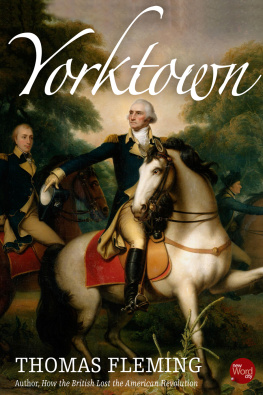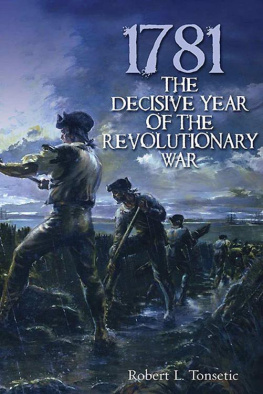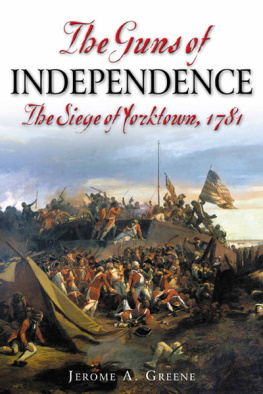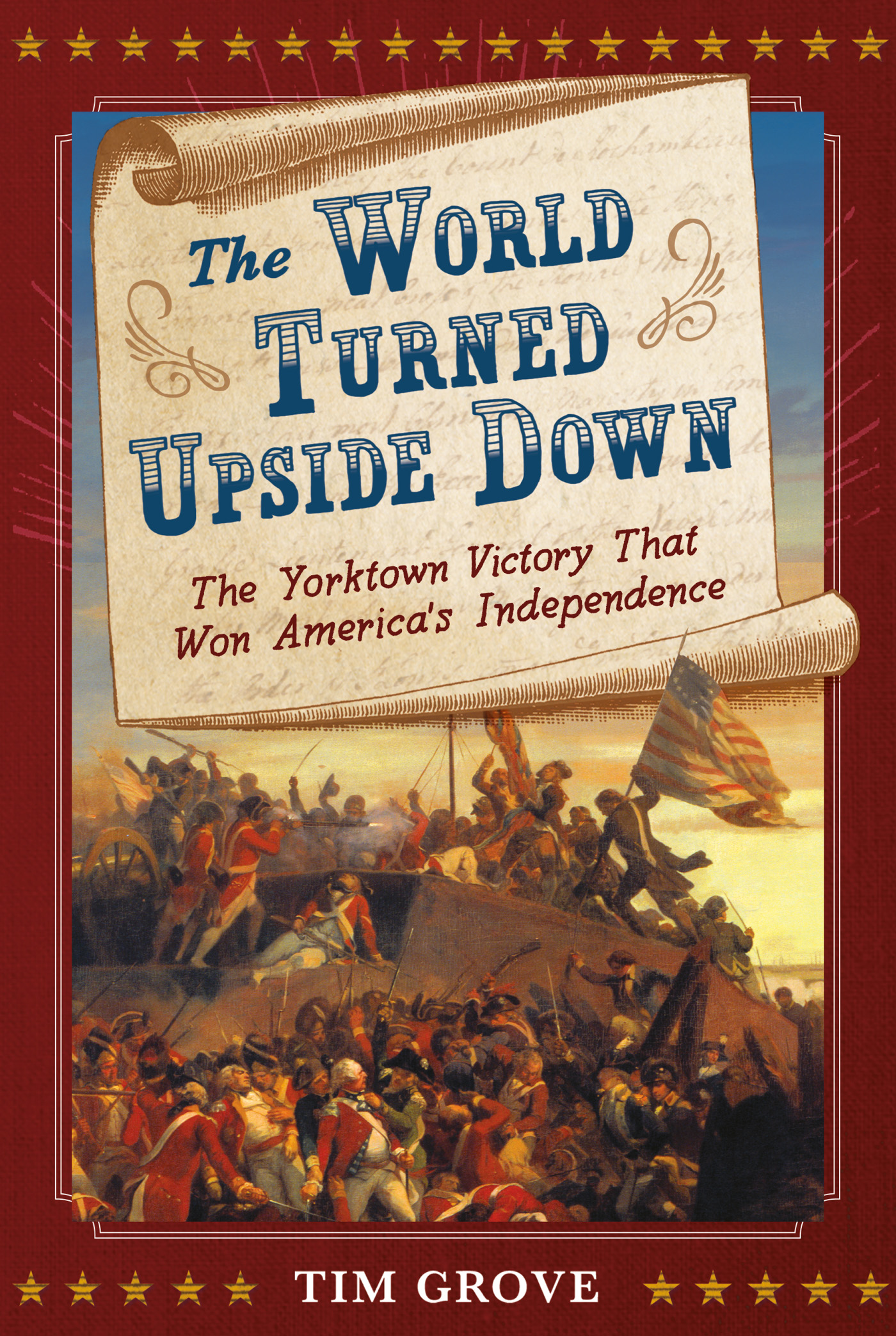

Cataloging-in-Publication Data has been applied for and may be obtained from the Library of Congress.
ISBN 978-1-4197-4994-0
eISBN 978-1-64700-102-5
Text 2022 Tim Grove
Edited by Howard W. Reeves
Book design by Melissa Jane Barrett
Published in 2022 by Abrams Books for Young Readers, an imprint of ABRAMS. All rights reserved. No portion of this book may be reproduced, stored in a retrieval system, or transmitted in any form or by any means, mechanical, electronic, photocopying, recording, or otherwise, without written permission from the publisher.
Abrams Books for Young Readers are available at special discounts when purchased in quantity for premiums and promotions as well as fundraising or educational use. Special editions can also be created to specification. For details, contact specialsales@abramsbooks.com or the address below.
Abrams is a registered trademark of Harry N. Abrams, Inc.

ABRAMS The Art of Books
195 Broadway, New York, NY 10007
abramsbooks.com
CONTENTS
List of
CHARACTERS
AMERICANS
GENERAL GEORGE WASHINGTON
commander in chief of the Continental Army
MAJOR GENERAL LAFAYETTE
a French aristocrat and military officer
JAMES
an enslaved man
THOMAS JEFFERSON
Virginia governor, statesman
GENERAL THOMAS NELSON
a general in the Virginia militia and later Virginia governor
LIEUTENANT COLONEL ALEXANDER HAMILTON
a military officer and aide to Washington
LIEUTENANT COLONEL JOHN LAURENS
a military officer and aide to Washington
BRITISH
GENERAL SIR HENRY CLINTON
commander of all forces in North America
GENERAL LORD CHARLES CORNWALLIS
top British commander in Virginia
BRIGADIER GENERAL BENEDICT ARNOLD
former American military commander
LIEUTENANT COLONEL BANASTRE TARLETON
cavalry officer under Cornwallis
REAR ADMIRAL THOMAS GRAVES
Royal Navy commander in the Second Battle of the Capes
BRIGADIER GENERAL CHARLES OHARA
second-in-command under Cornwallis
MAJOR GENERAL WILLIAM PHILLIPS
military commander in Virginia
ADMIRAL MARRIOT ARBUTHNOT
Royal Navy commander in the First Battle of the Capes
FRENCH
JEAN-BAPTISTE-DONATIEN DE VIMEUR, COMTE DE ROCHAMBEAU
commander of French ground forces in North America
FRANOIS JOSEPH PAUL, COMTE DE GRASSE
commander of the French navy
CHARLES REN DOMINIQUE SOCHET, CHEVALIER DESTOUCHES
naval commander in the First Battle of the Capes
JACQUES-MELCHIOR SAINT LAURENT, COMTE DE BARRAS
naval commander based in Newport, Rhode Island
MAIN DIARISTS
BARON LUDWIG VON CLOSEN
a nobleman from Bavaria (in present-day Germany) who served as an aide to Rochambeau
LIEUTENANT EBENEZER DENNY
a twenty-year-old soldier in a Pennsylvania regiment
CAPTAIN JOHANN VON EWALD
a Hessian (German) military officer who fought with the British
LOUIS-FRANOIS-BERTRAND DU PONT DAUBEVOYE, COMTE DE LAUBERDIRE
a twenty-one-year-old aide and translator for General Rochambeau in the French army
JOSEPH PLUMB MARTIN
a young private in his teens who fought for the Continental Army
DR. JAMES THACHER
an army surgeon from Massachusetts who served with the Continental Army
ST. GEORGE TUCKER
a major in the Virginia militia, translator for Governor and General Thomas Nelson
PREFACE
Everything that happened in this book is true, and all the characters were real people. The book is based on historical evidence. Historians try to put a puzzle together from the many pieces of historical evidence they find while doing research; sometimes there are pieces missing. Fortunately, quite a few diaries and official papers are available to provide firsthand accounts of the American Revolution.
The United States owes a great debt of gratitude to France. Simply put, without French help during the American Revolution, the United States would probably not have achieved independence. This book tells the story of people from very different backgrounds who worked together toward a common goal. Others worked hard to stop them. Every historical event can be viewed from multiple perspectives, and that makes history fascinating.
Why are so few womens perspectives included in this book? This tale relies on available historical sources. As it focuses on the military events that led up to the Siege of Yorktown, and because women in the eighteenth century did not play a role in warfare, there are no known records kept by women about military tactics and outcomes. Further, they did not hold many positions of leadership that might have been documented. Ive woven womens perspectives into the story whenever relevant and possible.
In a war, there are many different types of military units. When the American Revolution began, the United States did not exist, so no professional army existed. Each colony was responsible for its own protection or received aid from British troops. When fighting erupted, the various colonies responded to a call for soldiers by sending their own regiments, which joined together to become the Continental Army under General George Washington. Each colony also formed militias, usually based in a county, that stayed in the colony to defend it. Militia soldiers were usually part-time soldiers.
In our day of instant communication, it is very difficult to grasp the incredibly slow speed of communication in the eighteenth century. Think about life with no telephone, email, texts, instant messaging, TV, or radio. The challenges for military commanders spread over hundreds of miles meant they had to trust one another to make good decisions; often their correspondence crossed in delivery, meaning an answer they received could be referring to a question they asked several letters before. Whenever possible, they preferred to send communication by water transportation, as it was faster due to the poor state of roads at the time.
Finally, a few notes about terminology and spellings: In America, Lafayette became known by his last name though it was spelled in different ways. Marquis was a title he inherited when his father died. In the eighteenth century and until the mid-twentieth century, the term negro was used in common language to describe someone with dark skin. Negro is the Spanish word for black. Today it is considered a dated, offensive term by many people. I have used the word only in direct quotations from the period. Also, Yorktown, Virginia, was referred to as York or little York in 1781.
This book tells the story of the struggle for freedom. But freedom means different things to the different characters. James Lafayette wants freedom to make his own decisions in life, something denied to him as an enslaved person. Leaders like George Washington and Thomas Jefferson want a free society with a government representing its citizens. And yet, as slave owners, they deny freedom and citizenship to enslaved people. General Washington fights for freedom for many and denies freedom to others. Is it possible to be a strong military leader and enslave people at the same time? Yes. Does one excuse or cancel the other? No. History is complicated because people are complicated.
Next page
